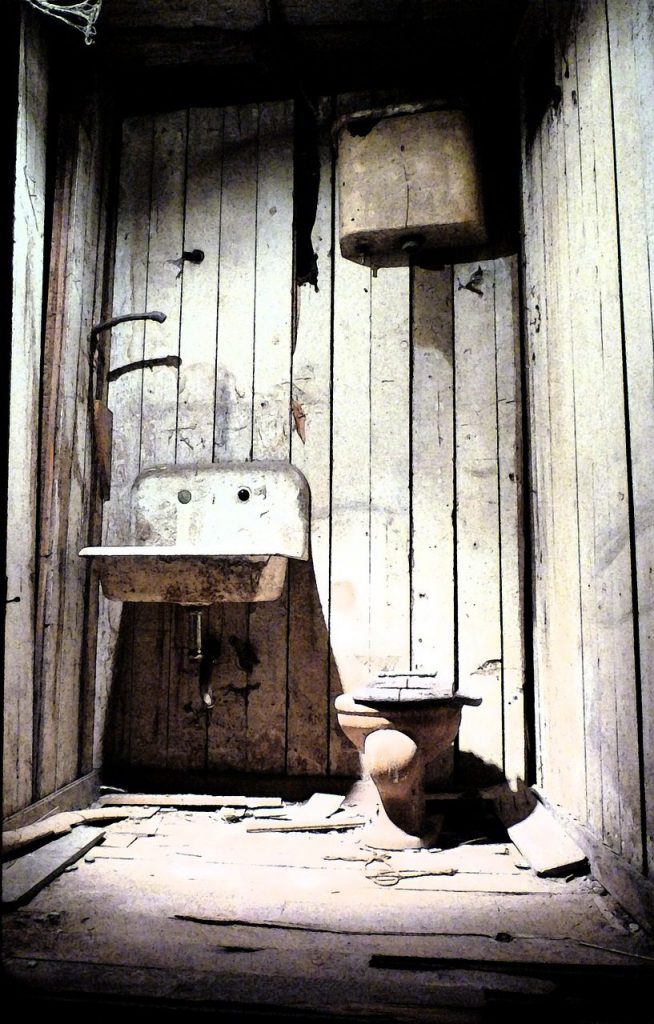Residential and commercial septic systems are built to last and rarely need to be replaced. But septic damage can happen, especially in older systems.
It’s important to watch for signs of an issue with your septic system, so you know when you need to call for repairs. The sooner you get a septic specialist out to your property, the easier the repairs will be.
With that in mind, here are a few common signs of septic damage you should keep an eye out for.
1. Weak flushing toilets
Have you noticed that the toilets in your home or building are flushing a little slower than usual? That generally means something has gone wrong with your septic system.
Leaks, clogs, and cracks in the pipes or septic tank can affect the flushing power of your toilets. If you notice this problem in your home, call a local septic company right away.
2. Noticeable odor
If your septic starts to smell… well, like septic — there is definitely an issue with your system.
Septic tanks can develop cracks or leaks when they’re put under stress. That can be caused by shifting grounds, plant growth, or even by heavy vehicles parked on top of them.
When your septic tank starts to leak, you’ll notice a nasty smell around your home. The damage might be severe by the time you notice an odor, so don’t hesitate to call for repairs.
Read More: Septic tanks: Concerns and practices that you need to know
3. Pooling water
If there is a crack in your septic tank or a burst pipe on your property, you might see water coming up from underground.
If you do see a sudden puddle in your yard, don’t touch it — that’s probably effluent (septic wastewater). Stop using your septic system and call a septic repair company as soon as possible.
In most cases, a leak of that size means that your septic tank needs to be completely replaced.
When in doubt, call a septic company
If you ever notice anything unusual related to your septic, the safest thing to do is bring in the experts.
It’s always worth it to make sure your septic system is functioning safely and reliably. Otherwise, you might find yourself dealing with a more expensive problem later on down the road.


